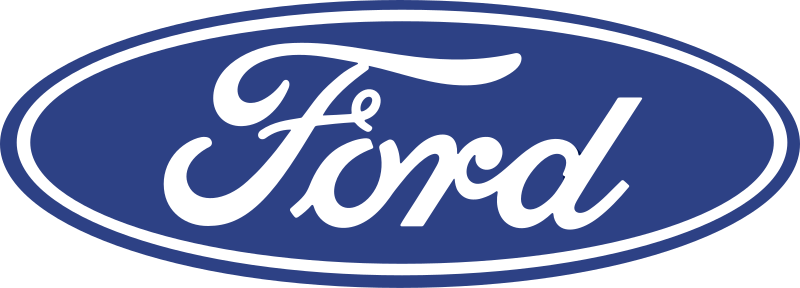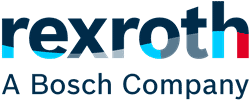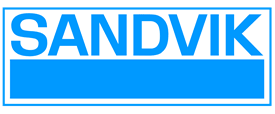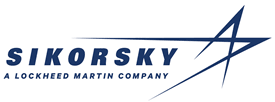Print Today, Parts Tomorrow™ Technology
Explore the original two-step method of 3D printing bound metal parts for direct sintering without debinding
The ExOne Metal Designlab™ by Rapidia is made possible with innovative HydroFuse™, an innovative water-based paste containing metal or ceramic powders.
Invented by Rapidia Founder Dan Gelbart, a serial inventor and entrepreneur, as well as a popular YouTube personality, his technology revolutionizes the speed, simplicity and affordability of metal 3D printing. First unveiled in 2019, and developed over several years, HydroFuse replaces 98% of the binder with water, an environmentally friendly solution that simply evaporates while printing, allowing parts to go directly into the furnace.
Unlike parts made on competing bound metal systems, no chemical or lengthy thermal debinding is required. That means this technology eliminates the need for a debinding unit and also shortens sintering times not just by hours but by days. The ExOne Metal Lab by Rapidia is a true Print Today, Parts Tomorrow innovation.
Key Features and Benefits
- The original two-step bound metal printing process. Eliminates chemical or lengthy thermal debinding requirements, driving final part delivery times to a simple overnight sintering.
- Go ahead: Print any part thickness. Unlike competing systems that require chemical or thermal debinding, and limit the thickness of 100% solid (no infill) parts for successful debinding, the ExOne Metal Designlab allows you to print any part thickness without infill. Many applications require the strength of solid metal, restricting the use of infill. This means strong solid parts suitable for more end-use applications.
- More metals plus ceramics. Today, we offer 17-4PH and 316L stainless steels, but other metals and ceramics are on the way and are simple to swap out with our HydroFuse™ canisters.
- Our printer is as easy as an entry-level plastic system. Our software is a breeze and the process mirrors printing plastic. All of our metals are bound in our paste, so there’s no loose powder.
- Completely office safe and office friendly. By eliminating 98% of the binders, we also eliminate debinding odors in the office. Our process has no solvents, no fumes, no odors or no need to dispose of waste polymer.
Highly affordable. When you eliminate binder, you eliminate a debinding unit and expensive solvents.
Limited need for hydrogen or forming gas. Metal Designlab sinters some common metals, such as 316L, without any need for hydrogen or forming gas. It just uses a small amount of welding grade Argon, which is available anywhere at a fraction of the cost of other sintering gasses. Next to the metal, gas is the second largest expense in a sinter-based system.
Step 1: Print



 A Furnace Built for the Office
A Furnace Built for the Office

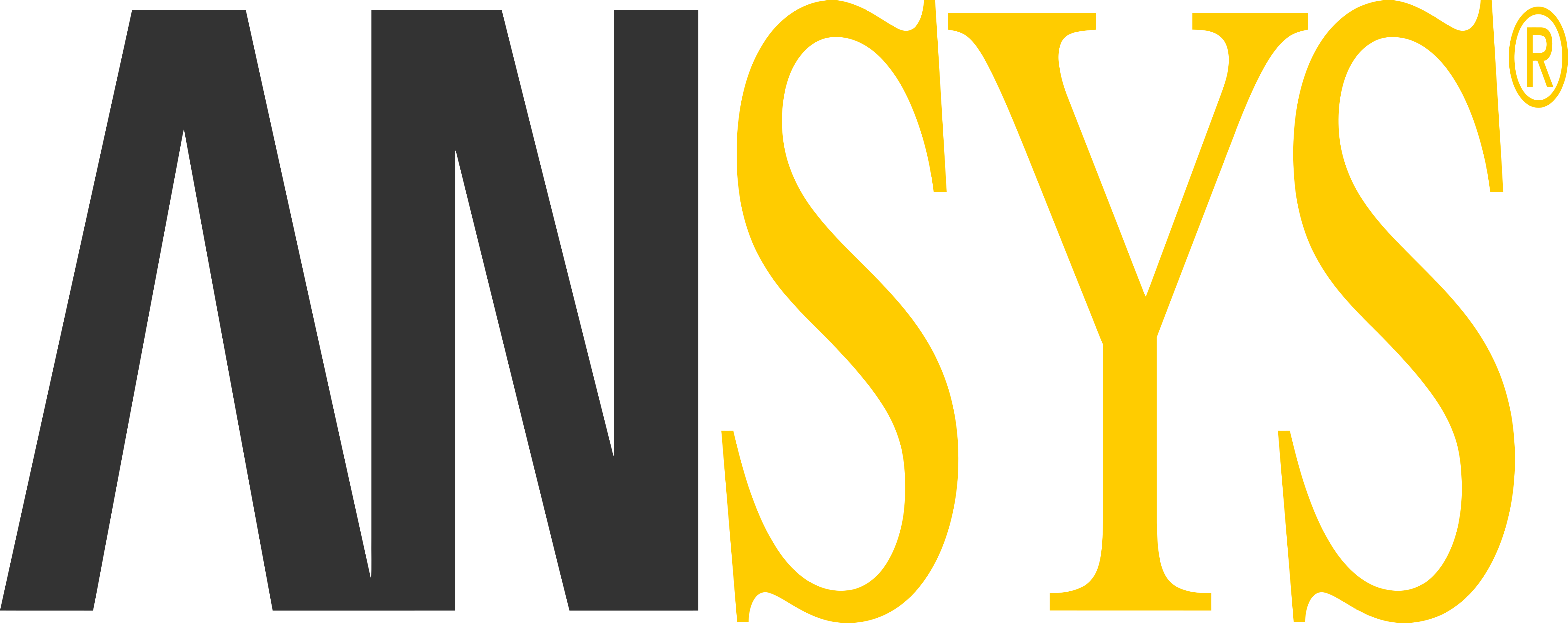
.PNG?ext=.png)


